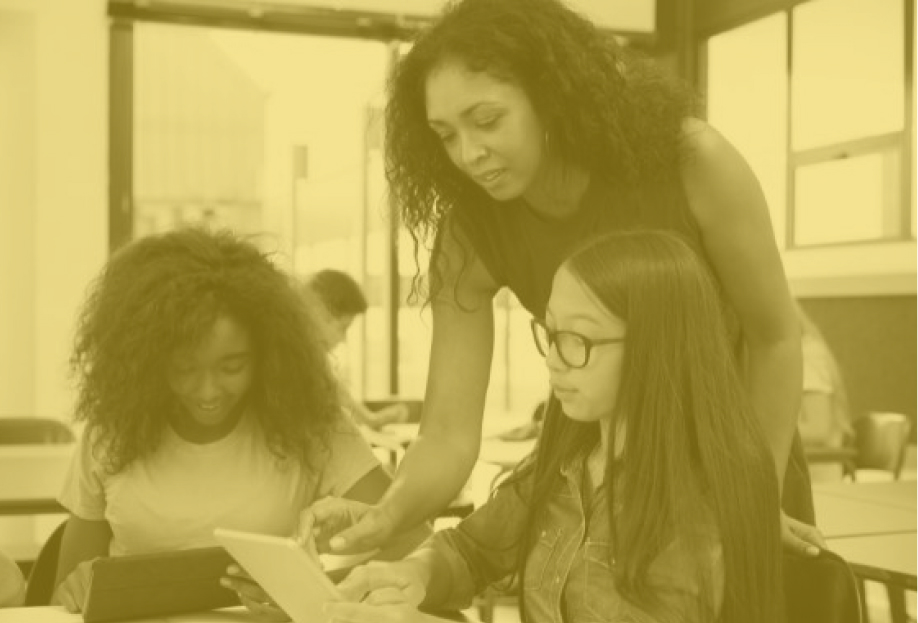Oklahoma School Social Media Laws, Challenges, & Solutions
Social media provides exciting opportunities for Oklahoma education. School districts, students, teachers, and administrators can strengthen community-to-school connections, give voice to school experiences, and prepare students to be the next generation of responsible digital citizens.
But with great power comes responsibility. Since 1967, the Freedom of Information Act (FOIA) has provided the public the right to request access to records from federal agencies, and schools supported by local taxes and run by elected officials are included in this category. And, since the FOIA lists electronic communications as public records, school social media accounts and their communications are considered public information and must be archived in case of a FOIA request.



Social Media Archiving Made Easy
Class Intercom integrates auto-archiving in our social media content management platform for all social media activities—simplifying your open records requests processes. Built-in search tools let you access the information you need right when you need it, while reporting features make downloading, exporting, and sharing social media content records as easy as a click.
The Oklahoma Public Information Act
Oklahoma law reaffirms the FOIA by serving as a mechanism for citizens to inspect or copy government records. According to Oklahoma law, schools’ social media communications and engagements are considered government records and are subject to open public records requirements, making an easy-to-use social media archival system essential for Oklahoma schools.
The Solution
Class Intercom is the smartest way to manage social media profiles for a single school or entire district. Oklahoma schools are already using Class Intercom to create, schedule, moderate, publish, monitor and archive great social media—all in one place. The results?
- Stronger community-to-school connections
- Student & school experiences voiced creatively
- Students learn to be responsible digital citizens while gaining real-world digital marketing skills
- Peace of mind when it comes to FOIA requests
Empowering Student Voice in Schools
Student voice is integral to telling your school district’s story through social media. With built-in moderation features that encourage collaboration and feedback among students, educators, and administration, Class Intercom empowers students to safely take ownership of their school’s narrative by centralizing their perspective on the classes, activities, teams, and events that make your school unique.
Class Intercom not only allows students to have a voice in their school district’s story, but also to engage in responsible digital citizenship, generate content that matters, and gain valuable digital marketing skills they can leverage for their future.

Heather Callihan
Technology Integrationist Grand Island Northwest Public SchoolsClass Intercom not only gives the opportunity to consistently share our school’s story, but this platform also provides students the opportunity to become content creators. Students are sharing our story from their perspective. These are authentic learning opportunities that extend well beyond a textbook or classroom.
Social Media Policy Examples
Below are examples of social media policies schools have implemented to keep their content creators–from students, educators, and administrators to communications and technology professionals–safe and within the law.
Mansfield ISD Social Media Guidelines
Blue Valley Schools Social Media Rules of Engagement
Montgomery County Public Schools Social Media Best Practices
Las Virgenes Unified School District Social Media Guidelines
